Navigating the World with MapHague: A Comprehensive Guide
Related Articles: Navigating the World with MapHague: A Comprehensive Guide
Introduction
In this auspicious occasion, we are delighted to delve into the intriguing topic related to Navigating the World with MapHague: A Comprehensive Guide. Let’s weave interesting information and offer fresh perspectives to the readers.
Table of Content
Navigating the World with MapHague: A Comprehensive Guide
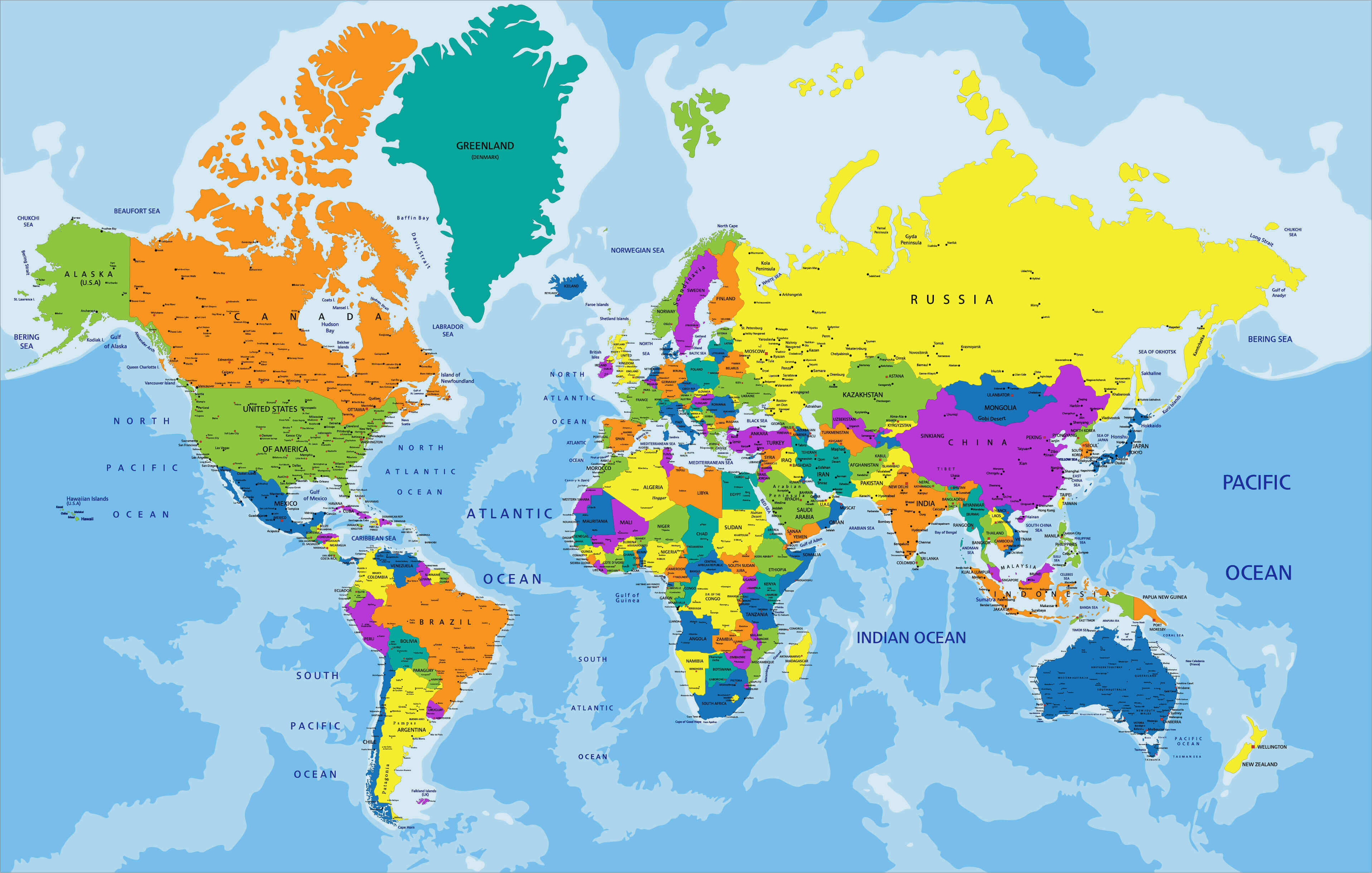
MapHague, a comprehensive mapping platform, empowers users with a wealth of geographical data and analytical tools. This platform transcends the limitations of traditional maps, offering a dynamic and interactive experience that caters to diverse needs and purposes. By seamlessly integrating various data sources, MapHague provides a powerful platform for understanding and navigating the complexities of our world.
Understanding the Core of MapHague
At its core, MapHague is a web-based application that visualizes and analyzes geographical information. It harnesses the power of Geographic Information Systems (GIS) to present data in a user-friendly and interactive format. This allows users to explore, analyze, and share geographical insights with ease.
Key Features of MapHague
- Intuitive Interface: MapHague boasts an intuitive interface, making it accessible to users with varying levels of technical expertise. Its user-friendly design ensures a smooth and engaging experience.
- Extensive Data Sources: The platform integrates data from various sources, including government agencies, research institutions, and private organizations. This ensures a comprehensive and up-to-date dataset for users to explore.
-
Advanced Mapping Tools: MapHague offers a suite of advanced mapping tools, including:
- Basemaps: Users can choose from a variety of basemaps, including satellite imagery, topographic maps, and street maps, to suit their specific needs.
- Layer Management: The platform allows users to add and manage layers of data, such as population density, environmental indicators, and economic activity, providing a comprehensive view of the chosen area.
- Geocoding: Users can easily locate addresses and convert them into geographical coordinates, facilitating efficient navigation and analysis.
- Spatial Analysis: MapHague empowers users to perform spatial analysis, such as calculating distances, measuring areas, and identifying patterns in data. This functionality is crucial for decision-making in various fields.
- Customization and Collaboration: Users can personalize their maps by customizing colors, symbols, and legends. The platform also facilitates collaboration, allowing users to share maps and data with others.
- Mobile Accessibility: MapHague is accessible on various devices, including smartphones and tablets, ensuring users can access geographical data and insights anytime, anywhere.
Benefits of Using MapHague
The benefits of using MapHague are manifold, extending across various domains. Here are some key advantages:
- Enhanced Decision-Making: By visualizing and analyzing geographical data, MapHague provides valuable insights that inform better decision-making in areas such as urban planning, disaster management, and resource allocation.
- Improved Communication: The platform facilitates effective communication of geographical information, enabling users to share insights and findings with stakeholders.
- Increased Efficiency: MapHague streamlines data management and analysis, saving time and effort for users.
- Improved Understanding of the World: By providing a comprehensive and interactive platform for exploring geographical data, MapHague promotes a deeper understanding of the world and its complexities.
Applications of MapHague
MapHague finds applications in diverse fields, including:
- Urban Planning: Planners can use MapHague to analyze population density, infrastructure, and environmental factors, guiding urban development and optimizing resource allocation.
- Environmental Management: Environmental scientists and researchers can leverage MapHague to monitor environmental indicators, track changes in land use, and analyze the impact of climate change.
- Disaster Management: Emergency responders can use MapHague to assess damage, identify vulnerable areas, and coordinate relief efforts during disasters.
- Business and Marketing: Businesses can use MapHague to analyze market trends, identify potential customers, and optimize their marketing campaigns.
- Education: Educators can use MapHague to teach geography, history, and other subjects in a more engaging and interactive manner.
FAQs about MapHague
1. What is the difference between MapHague and other mapping platforms?
MapHague distinguishes itself by offering a comprehensive suite of features, including advanced mapping tools, extensive data sources, and user-friendly interface. It caters to a diverse range of users, from casual map enthusiasts to professionals in various fields.
2. Is MapHague free to use?
MapHague offers both free and paid subscription plans. The free plan provides access to basic features, while the paid plans offer more advanced functionalities and data access.
3. How do I access MapHague?
MapHague is a web-based platform accessible through a web browser. Users can sign up for a free account or choose a paid subscription plan to access the full range of features.
4. What types of data are available on MapHague?
MapHague integrates data from various sources, including:
- Demographic data: Population density, age distribution, income levels, and more.
- Environmental data: Climate data, land use patterns, pollution levels, and more.
- Infrastructure data: Road networks, transportation systems, utilities, and more.
- Economic data: Employment rates, business activity, and more.
5. Can I customize the maps on MapHague?
Yes, MapHague allows users to customize maps by changing colors, symbols, and legends to suit their specific needs.
Tips for Using MapHague Effectively
- Start with a clear objective: Define your purpose for using MapHague, whether it’s for research, planning, or communication.
- Explore the available data: Familiarize yourself with the data sources available on the platform and select those relevant to your objective.
- Use the mapping tools effectively: Utilize the advanced mapping tools, such as layer management, spatial analysis, and geocoding, to extract valuable insights from the data.
- Collaborate with others: Share your maps and data with colleagues or stakeholders to facilitate communication and collaboration.
- Stay updated on new features: MapHague is constantly evolving, so stay informed about new features and updates to maximize your use of the platform.
Conclusion
MapHague is a powerful tool for navigating the world and extracting valuable insights from geographical data. Its intuitive interface, comprehensive data sources, and advanced mapping tools make it a valuable resource for individuals and organizations across diverse fields. By embracing the capabilities of MapHague, users can gain a deeper understanding of the world, make informed decisions, and effectively communicate geographical information. As technology continues to advance, MapHague is poised to play an increasingly significant role in shaping our understanding and interaction with the world around us.
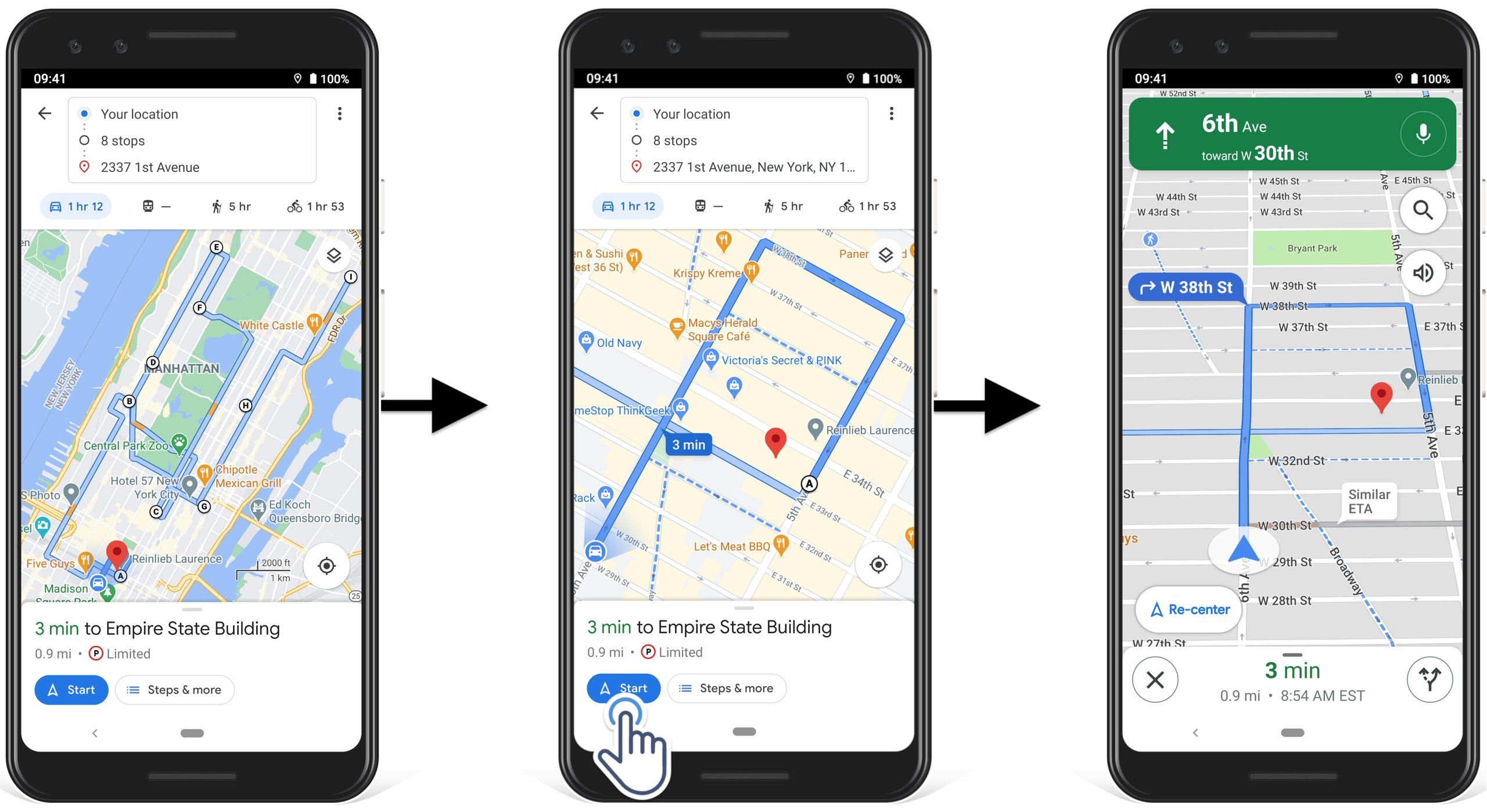

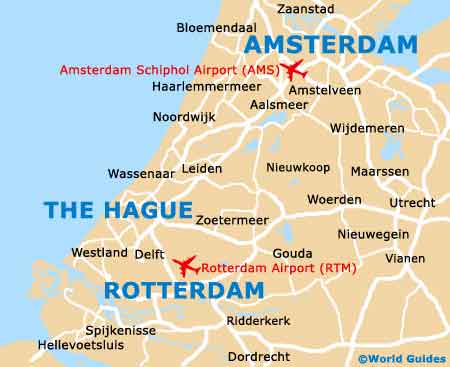

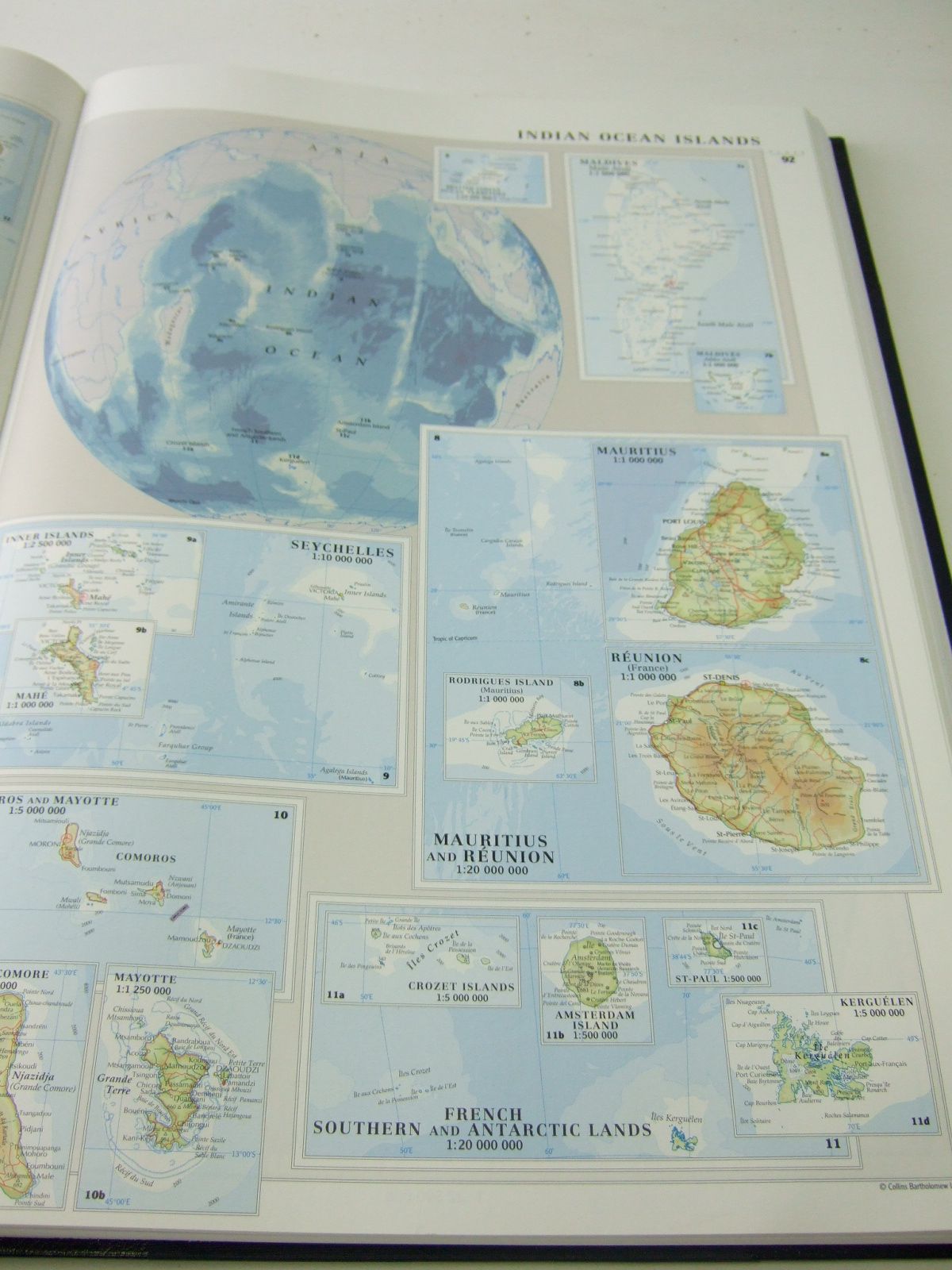


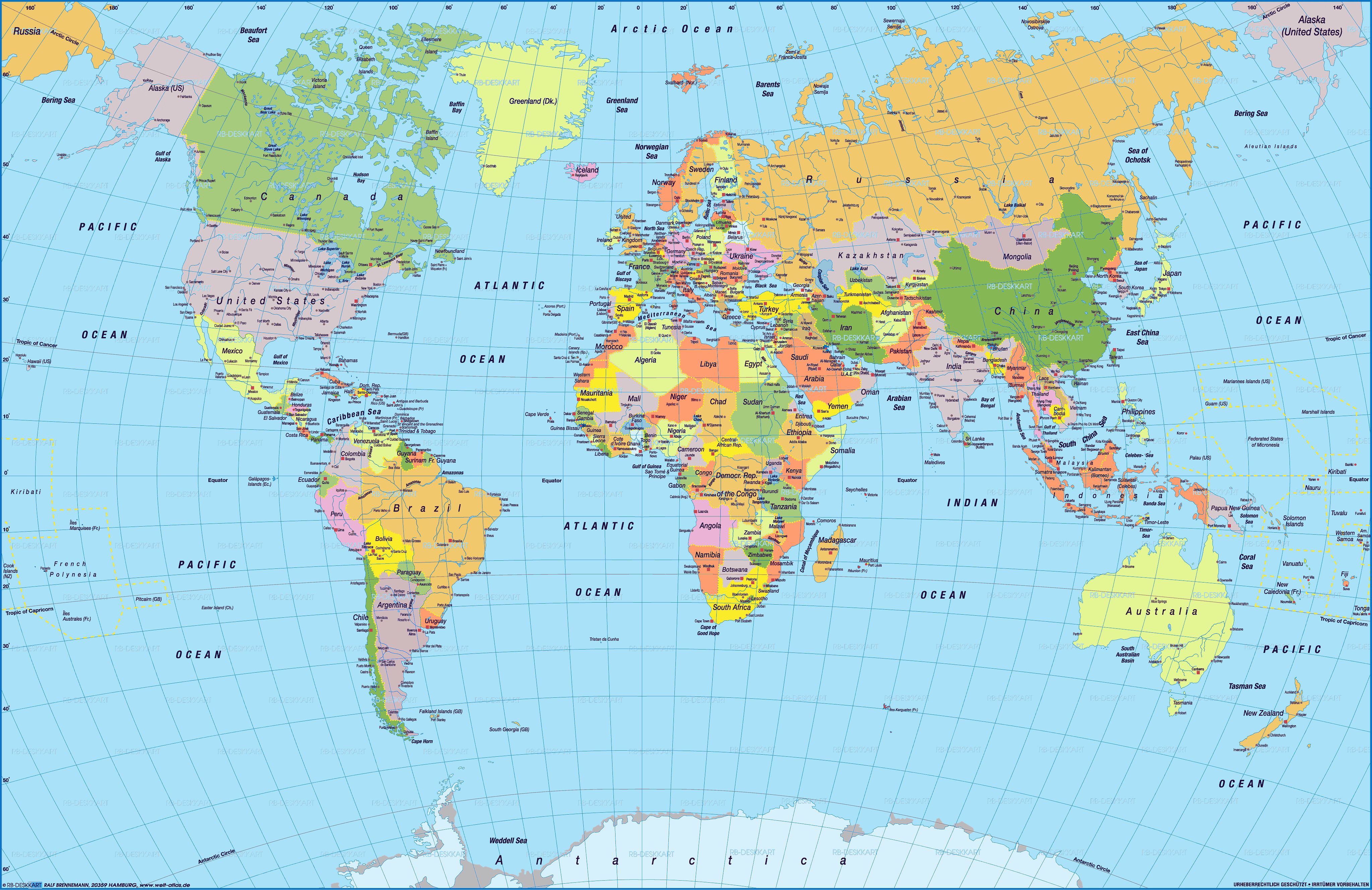
Closure
Thus, we hope this article has provided valuable insights into Navigating the World with MapHague: A Comprehensive Guide. We appreciate your attention to our article. See you in our next article!